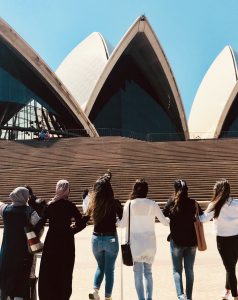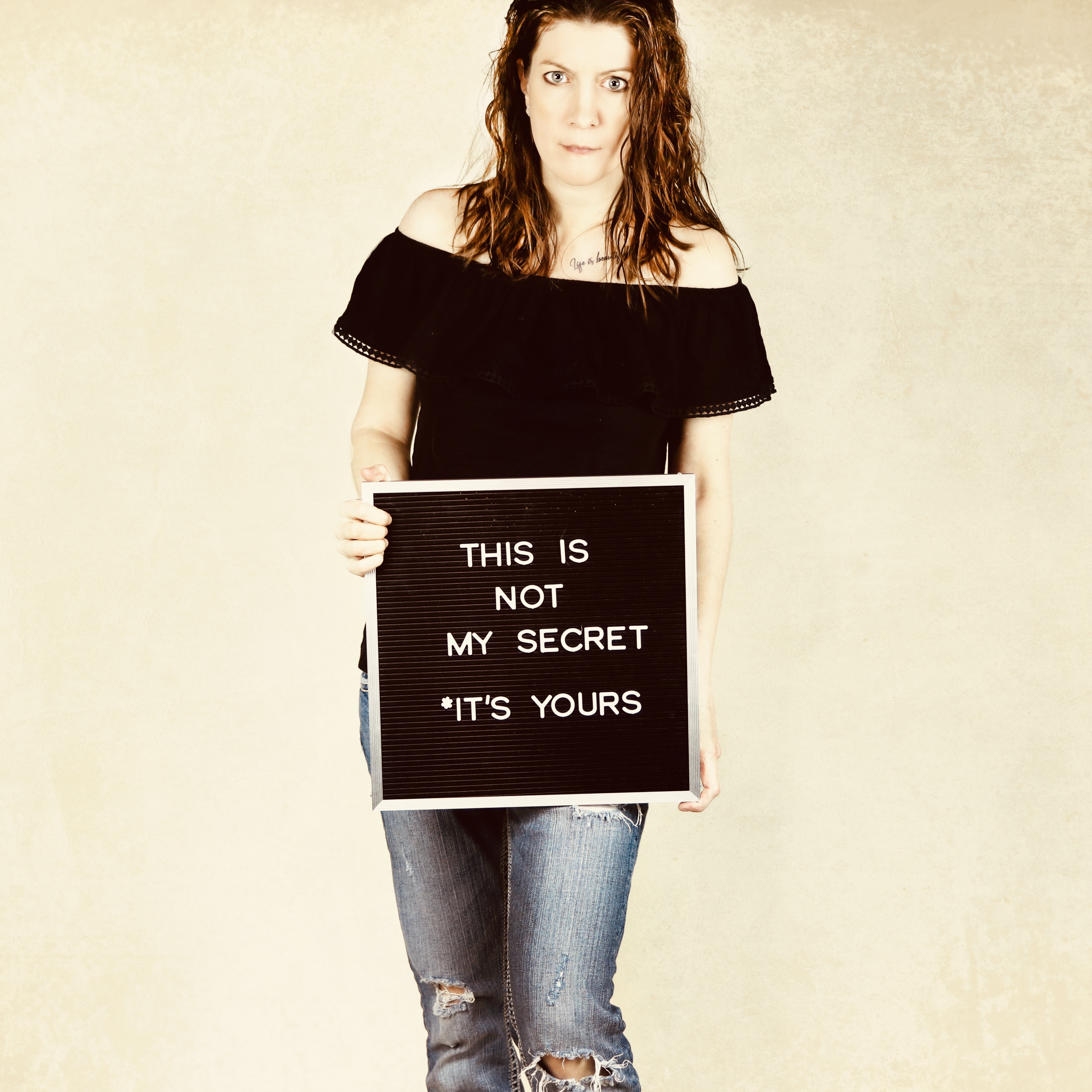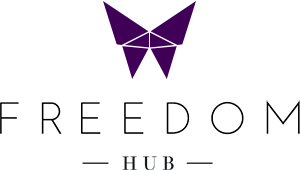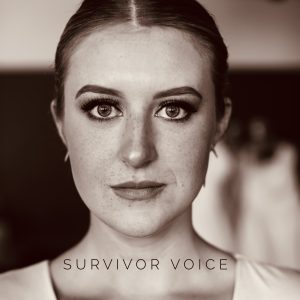Embedding Survivors Voice Into Business
Survivors are key actors in the fight against modern slavery and human trafficking. Why? Because they play a crucial role in establishing effective measures to prevent this crime, identify and rescue victims, and support them on their road to rehabilitation.
Many survivors of modern slavery have experienced ignorance or misunderstanding in their attempts to get help.
They have had traumatic post-rescue experiences during identification interviews and legal proceedings. Some have faced revictimization and punishment for crimes they were forced to commit by their traffickers. Others have been subjected to stigmatisation or received inadequate support.
Benefits of Embedding Lived Experience
1. it brings a human perspective to the policies, ensuring that the voices of those directly affected by slavery are heard and respected.
2. businesses can gain a deeper understanding of the impact of slavery and its ongoing effects on individuals and communities. This knowledge helps shape policies that are sensitive, inclusive, and considerate of the experiences and needs of survivors.
3. survivor voices provide invaluable insights into the specific challenges, vulnerabilities, and potential solutions related to slavery. Their input can inform the development of effective prevention strategies, victim support programs, and mechanisms to combat modern forms of slavery within business operations and supply chains.
4. embedding survivors lived experiences into business sends a powerful message of accountability and commitment to addressing slavery. It demonstrates a genuine desire to learn from survivors, prioritise their rights and well-being, and actively work towards creating ethical, responsible, and sustainable business practices.
Ultimately, by integrating survivor voices into business policies and procedures, companies can foster an environment of empathy, understanding, and social responsibility while contributing to the broader goal of eradicating slavery and promoting human rights.
How the Freedom Hub is Responding
For many years we have wrestled with this tension: Protecting survivors’ privacy and safety, and helping raise awareness through the research needed to inform policy. Then there is the general lack of awareness in Australia. Slavery happens here and survivors’ voices will help raise that awareness.
We are bombarded with requests almost weekly to provide a survivor for an interview or for public speaking, or a media story.
Many survivors of slavery don’t want their past traumatic experiences to define who they are now. They don’t want their workplace, new friends, and often their own family to know about their past. They don’t want to be seen as a victim. And they certainly don’t want to be pitied. Then there is the issue of re-telling their story. Taking them back to a place they would rather forget. Many survivors want to be seen as successful, strong, and highly capable people. Who they are today is very important to them. They know how much they have had to conquer to be here.
On the other hand research, statistics, and survivor voices are important. Because the survivor’s voice informs good policy writing. In turn, this helps government response, funding the work of identification, restoration, and recovery.
As a result, the Freedom Hub needed a solution for the voice of freedom. And we believe our solution is the best option for both the survivors and the world…..

TFH Survivor Advisory Board
In 2021 we launched a Survivor Advisory Board to give survivors a place to have a voice, without being public.
In the safety of anonymity, survivors can:
- give feedback on business policy and procedures
- answer researcher interview questions
- comment on government policy
- provide feedback on modern slavery training programs,
- have an influence on how to help recovery and remediation of victims
- have their say on Australia’s National Action Plan to Combat slavery
“We have gathered a group of survivors who want their voices heard, not to share their past but to see a better future for others. These voices will help provide the changes needed to make the world a better place.”
Sally Irwin – Founder
It has taken us a long time to find those voices. They are not in The Freedom Hub Survivor School. These survivors experienced slavery long before we were established. They are from varied nationalities and ages. Importantly they represent all the main areas of modern-day slavery. For example, forced labour, forced marriage, sex trafficking, etc. And most importantly, they are living successful, fulfilling lives, in the community, living in freedom. All of them have experienced slavery in Australia.

Accessing the Voice of Freedom
Do you need to do some research or want survivor commentary on policy or media? You can contact us here.
Things to keep in mind before asking:
- We expect a survivor to be paid for their time. Just like everyone else in the world, time is valuable and so is their knowledge. Ask us for a quote.
- We will provide the survivors with your questions and will provide you with their ‘unedited’ responses. If you want specific feedback send us the scope or expectations of the task.
- If you request an interview, know that it will be anonymous. It will not be in person but on a phone. The Freedom Hub will mediate the day and time. Questions must be sent ahead. The survivor can choose to back out of the interview at any time, even mid-interview.
- The Survivor Advisory Board only meets quarterly, so plenty of notice is required.
The Freedom Hub and the Survivor Advisory Board are excited about the impact we can have to see the change we want in the world

